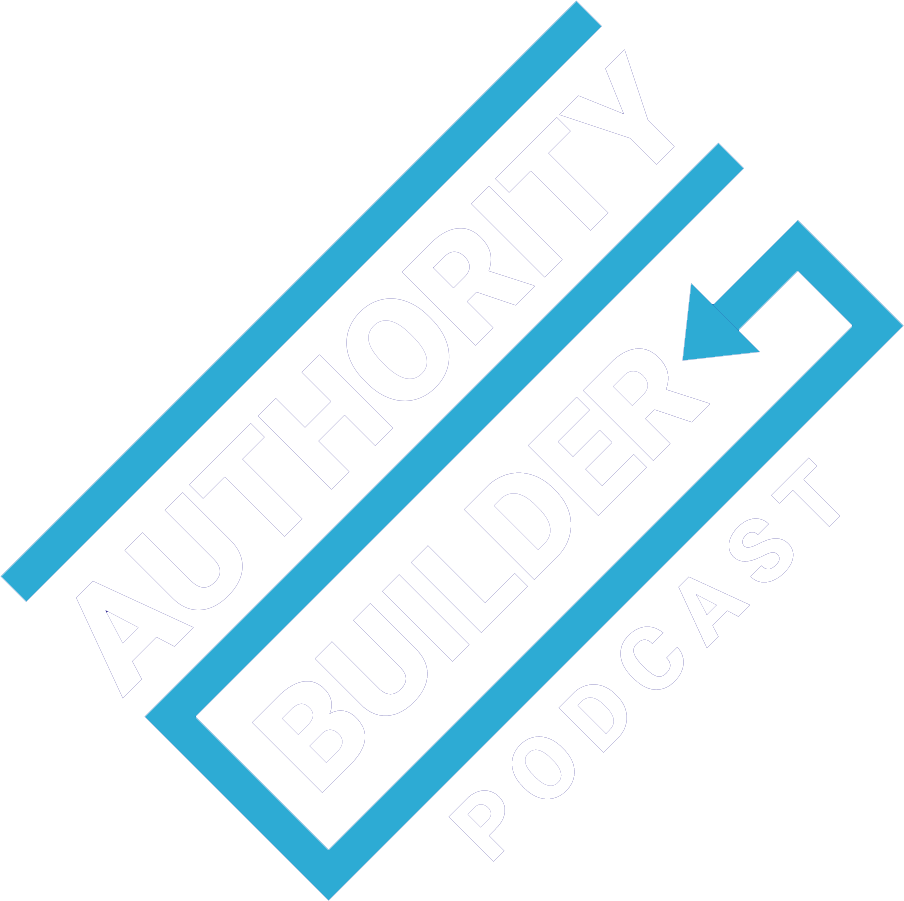If you’ve ever taken a so-called personality test and been dismayed by the results… you’re not alone. Dr. Benjamin Hardy, organizational psychologist, best-selling author, and entrepreneur, says those tests are far from scientific or the definitive truth about who you are.
He says personality is not hardwired, as many think. And this limiting belief prevents most people from getting what they want out of life. His new book, Personality Isn’t Permanent, is an exploration of that concept… and we get a sneak peek.
Dr. Hardy shares some strategies for changing your way of thinking and environment which can impact personal change. It may be an uncomfortable process… but you’ll reap the benefits in your business, relationships, and beyond.
Tune in to find out…
- Why selective attention can be dangerous
- A strategy to uncover the new you
- How to recruit your “future self” to help you in the present day
- The dangers of your comfort zone
- And more
Listen now…


